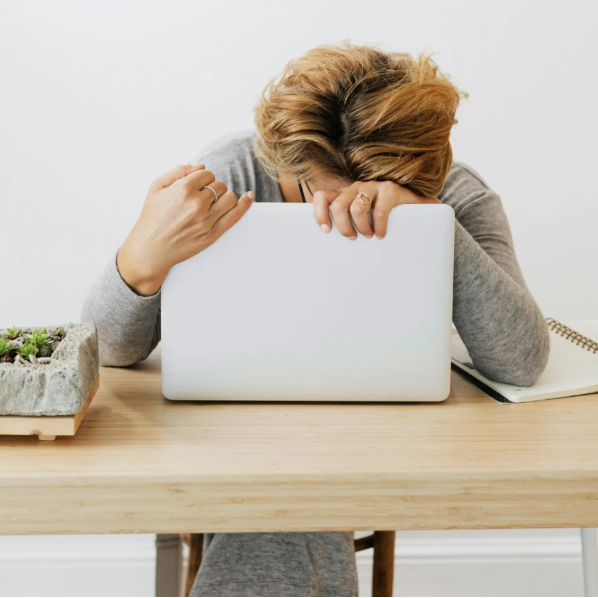SIPA Professors, Keep Classrooms Laptop-Free
(Photo/Canva)
By Stephen Chmelewski
After nearly one semester at SIPA, I’ve realized that the collegiate classroom circa 2025 is a veritable sea of aglow laptop screens. During a lecture or seminar, one can see Amazon shopping, LinkedIn scrolling, ChatGPT searching, and WhatsApp messaging taking place – all while the professor at the lectern shares the knowledge accrued over the course of their career.
Laptops’ prominent, largely unchecked place in the SIPA classroom adversely affects the academic experience in ways that are too obvious and too overwhelming for me not to speak out against. To address the detrimental effects of laptops on the classroom experience, I call not on students to put away their devices, but on SIPA’s professors to implement a ban on laptops in the classroom.
To that, one might ask “Why wouldn’t the onus fall on students?” From my personal experience, I’ll say that refraining from computer use in class, even when I want to be paying attention, can be maddeningly difficult. As strong as we believe our willpower to be, these devices are designed to keep us glued to them, and they will invariably draw us back in. By literally taking the option off the table for us, professors can eliminate the temptation to take out our laptops and can place us squarely back into the present moment.
In my tenure here, though, I have been frustrated and disheartened by many professors' indifference towards screens being out in the open as they lecture or facilitate conversation. I now encourage them to take advantage of a terrific opportunity to restore the sanctity of the classroom by creating tech-free spaces in which knowledge, content, and dialogue – not screens – are allowed to shine.
There are a handful of ways in which barring laptops would rejuvenate SIPA classrooms, chief among them being a reduction in distractions. Even if a student keeps a personal vow of in-class laptop abstention, he may unwittingly be forced to shift his focus towards the attention-grabbing MacBooks around him and away from the subject matter being shared at the chalkboard. Perhaps readers of The Morningside Post have experienced this as well; I find that listening to, and absorbing, a professor’s remarks becomes needlessly difficult when screens intercept my view of him or her. Researchers in Computers & Education confirm that this feeling is empirically backed, noting that experiment participants “...in view of a multitasking [laptop-using] peer scored 17% lower on a post-lecture comprehension test.” In one fell swoop, professors can both help improve our understanding and cultivate our ability to concentrate.
This ban, if implemented, can also allow SIPA to retain a high caliber of in-class conversation. SIPA Professor Sarah Holloway, who asks her students to keep screens away whenever possible (she refrains from using the term “ban”), shared that “[she] want[s] students to get the most out of our time together. When the screens go away, the conversations get deeper, the energy shifts, and the whole class becomes a richer experience for all of us.” I agree: a number of SIPA professors do ask students to refrain from laptop use or outright prohibit it, and those classrooms crackle with a collective, locked-in energy. But when half the room is using laptops and the other half is being pulled in by the attentional gravity that they emit, we inhibit each other’s ability to meaningfully engage and learn.
To be clear, though, there should be an exception to this ban for students who rely on laptops for accessibility reasons. Laptops may be a necessary tool for those who are visually impaired or lack the ability to take notes by hand. Strictly utilizing Google Docs to take notes or PowerPoint to better see lecture slides has little to no effect on others’ experience in the classroom.
This kind of setup isn’t unprecedented: Harvard Business School’s student handbook communicates that “generally, computers…should be turned off and stored during class, except such computers or devices that are approved accommodations for students with disabilities…” In other words, a model that respects student attention, fosters in-class conversation, and allows room for accessibility measures is both feasible and replicable.
Many SIPA professors have been kind enough to let all students use laptops in class at any time for any reason, but we don’t come here from across the world to stare at our screens in the company of others. It may be frustrating at first or feel like an inconvenience for a bit, but by banning laptops in the classroom, our professors can do us a great service. We’ll thank them later.

